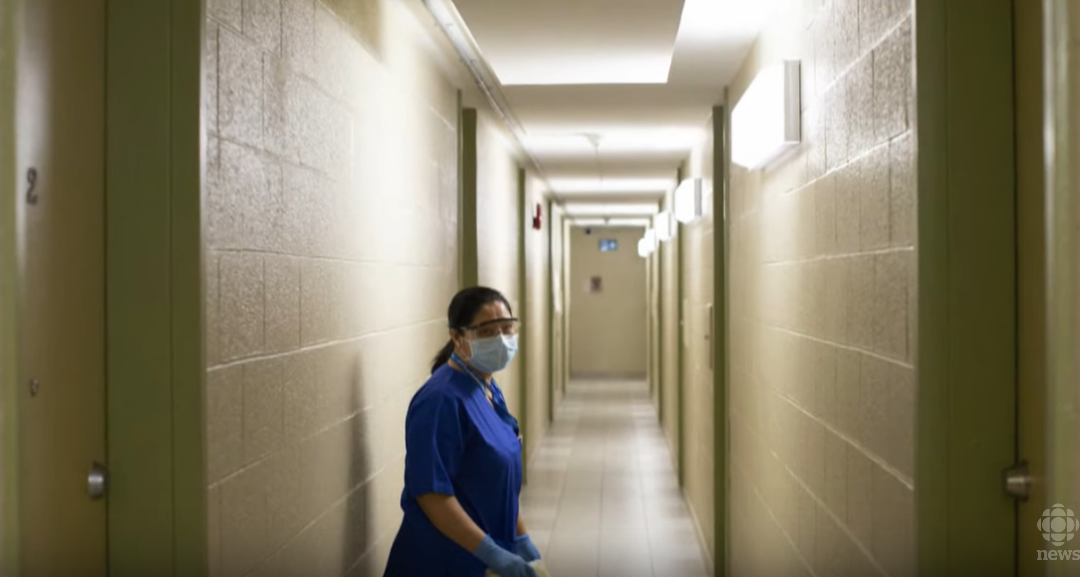Asylum/refugee claimants in Canada may have a new temporary pathway to permanent resident status that is unconnected to their refugee claim. On August 14, 2020, Canada’s Minister of Immigration, Refugees and Citizenship Honourable Marco E. L. Mendicino announced this new pathway for permanent residence. This program for permanent resident focuses on refugee claimants who have been employed in certain healthcare jobs in Canada. The Minister mentioned, “As these individuals face an uncertain future in Canada, the current circumstances merit exceptional measures in recognition of their service during the pandemic”
The pathway to permanent resident would also benefit the immediate family of the healthcare worker which is a nod to Canada’s commitment to family reunification under the Immigration Refugee Protection Act. Family members of the principal applicant currently in Canada will also be granted permanent residence if the application is approved.
Time-Limited Employment
This new pathway to permanent resident status only counts employment that was carried out in a specific time frame, specifically, the candidate should have worked in an institutional setting in the health-care sector, such as hospitals, long-term care homes, or assisted living facilities as orderlies, nurses, nurses’ aides or other designated occupations for at least 120 hours between Mar. 13 and Aug. 14. This has the effect of discouraging refugee claimants to commence work now in such fields as a manoeuvre to augment their chances of getting permanent resident status in Canada. The work period in certain types of jobs must exceed six months.
The jobs must be in the areas of Nursing coordinators and supervisors, Registered nurses and registered psychiatric nurses, Licensed practical nurses, Nurse aids, orderlies and patient service associates, and certain home support workers
Refugee Claim Pre-Existing
In a bid to discourage people from filing refugee claims while in Canada this pathway to permanent resident status requires the refugee claimant to have filed their claim before March 13 2020. Further, the refugee claimants must have been issued a work permit, which is typically done at the start of the refugee process in Canada. This ensures that the integrity of Canada’s other immigration laws is respected.
The program also does not automatically accommodate workers who may have carried out caring for persons in private settings like a home. It might be that the employer who retains the person to work in a home setting would have to be an institution or company rather than an individual.
Other jobs that would be excluded would include some of those which are essential to the functioning of Canadian society such as less-skilled workers in a healthcare setting. Such less-skilled workers may include, security, maintenance, and food services staff.
Next Step
If you are seeking permanent resident status while in Canada under the above program or another one such as a Humanitarian & Compassionate case, contact us.


Thank you for writing this tremendous top quality article. The information in this material confirms my point of view and you really laid it out well.
Thankyou.
What about a maintenance worker that work directly with the covid-19 patients with the duty like helping to adjust beds in their rooms, helping to adjust tv set for the covid-19 patients. Changing their window blind., unclogging toilets and fixing all the plumbing issues in the covid-19 patients rooms, and the maintenance worker eventually contacted covid-19. Will someone like that be excluded?
hello i’ll contact you on your email.